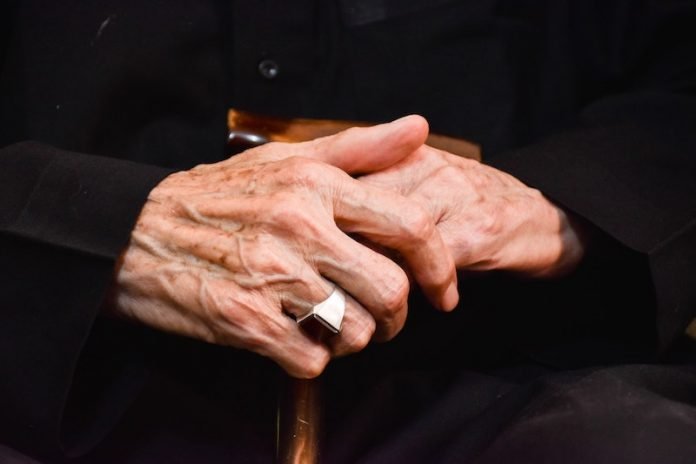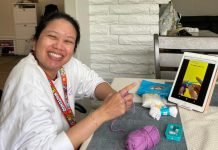
Stroke patients report a wide range of symptoms, like being unable to embody their own arm.
They also report symptoms like being unable to control the muscles in their arms and hands, being unable to finely modulate grasp force while holding an object, and difficulty in perceiving their arms and hands in general.
If left untreated, sensory and body representation deficits may lead patients to perceive the affected limb as shorter, less sensitive, less responsive, and eventually even to ‘forget` it.
In a new study, researchers found that carefully tuned electrical stimulation of the neuromuscular system, combined with current rehabilitation practices are promising for recovering upper limb control and embodiment in stroke patients with long-term disabilities.
They tested 45 chronic stroke patients and found the new approach, neuromuscular electrical stimulation (NMES), reduced the perceptual dissociation of the affected limb.
In the study, 45 chronic stroke patients underwent twenty-seven sessions of treatment over a period of nine weeks.
Each session lasted 90 minutes, of which 60 consisted of conventional physiotherapy rehabilitation and 30 minutes of a supplemental treatment of NMES.
The team found at the end of the treatment, the motor improvement was higher in groups having partial or complete NMES compared to no NMES.
The current study focuses on chronic stroke patients who had received multiple interventions before, reaching what was considered a plateau of improvement.
These results show that targeted, intense intervention, especially via NMES, can push recovery further.
They also suggest that but sub-acute stroke patients, those who have just suffered a stroke, may also benefit from NMES, although this has yet to be tested.
One of the big novelties of the study is to target and assess not only motor recovery, but also sensory deficits, and body representations.
The scientists are currently working on a new system able to provide finer levels of motor and sensory stimulation and with broader varieties of stimulation.
If you care about stroke, please read studies about why sleep loss could increase your heart disease and stroke risk, and factors that could increase stroke risk in COVID-19 patients.
For more information about health, please see recent studies that newer blood thinner drug plus aspirin could cut stroke risk by nearly 30%, and results showing that stroke risk is 8 times higher in people with COVID-19.
The study is published in MED and was conducted by Andrea Crema et al.
Copyright © 2022 Knowridge Science Report. All rights reserved.




